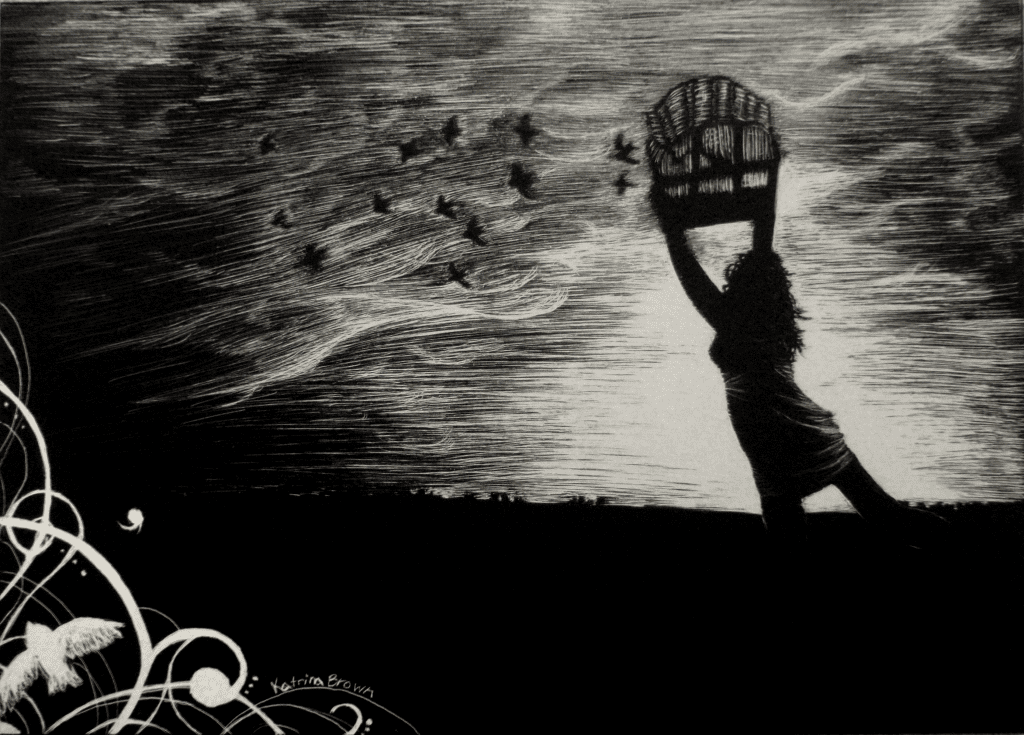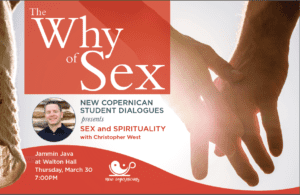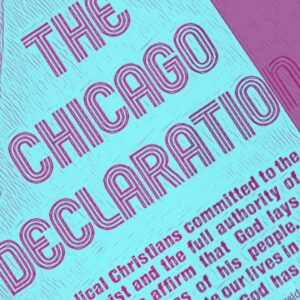 This month marks the 154th anniversary of the Emancipation Proclamation, issued by President Lincoln in 1863, in the middle of his nation’s bloody civil war. Although woefully limited in its reach—it declared freedom for slaves in the “rebellious states” but ignored slavery in other areas of the country—the Proclamation was a critical turning point for the nation. By the war’s end close to 200,000 black soldiers had joined the Union military so that for the first time both free and newly freed men fought side by side.
This month marks the 154th anniversary of the Emancipation Proclamation, issued by President Lincoln in 1863, in the middle of his nation’s bloody civil war. Although woefully limited in its reach—it declared freedom for slaves in the “rebellious states” but ignored slavery in other areas of the country—the Proclamation was a critical turning point for the nation. By the war’s end close to 200,000 black soldiers had joined the Union military so that for the first time both free and newly freed men fought side by side.
While an exciting chapter in history, the Emancipation Proclamation is a sobering reminder of how the fight for justice is always flawed and never complete. It would be almost another decade before black men had the right to vote and almost another century before the Civil Rights Movement fought for full integration of the descendants of slavery in American society. Today, while slavery is illegal in every country, the global slave trade is bigger—and the price of a slave smaller—than ever. But awareness of the evils of slavery is also more widespread than ever, and everyday citizens are enlisted in the fight in record numbers. In fact, all of us can and should be active abolitionists—whether through prayer and financial partnership with groups on the ground, keeping our eyes and ears open to suspicious activity in our own neighborhoods, or training for more direct engagement in prevention, law enforcement, or aftercare.
All of us can and should be active abolitionists.
There’s a crazy story about a slave in Acts 16. Paul and Silas and a bunch of their pals were going to pray in the Roman colony of Philippi, a place where slavery was a legal and accepted feature of the culture, when they “were met by a female slave who had a spirit by which she predicted the future.” We’re told that this slave “earned a great deal of money for her owners by fortune-telling,” but apparently she was so distracted by the presence of the godly group that she got up and started following them around and shouting, “These men are servants of the Most High God, who are telling you the way to be saved!”—over and over and over again “for many days.” The spirit in her recognized these men as agents of God and just wouldn’t shut up about it.
We expect the slave’s owners to be annoyed by the disruption of their fortune-telling business, but the first exasperation reported comes from Paul, who “became so annoyed that he turned around and said to the spirit, ‘In the name of Jesus Christ I command you to come out of her!’ At that moment the spirit left her.”
Why was Paul annoyed? After all, he was getting free—and truthful!—advertising from the spirit in this woman. And why wasn’t the exorcism motivated by love for the woman rather than irritation with the spirit? Why didn’t Paul take issue with the woman’s owners, who were taking advantage of the poor woman and profiting from the evil spirit that inhabited her?
It wasn’t until later, when they “realized that their hope of making money was gone,” that the owners “seized Paul and Silas and dragged them into the marketplace to face the authorities.” The men were flogged, imprisoned, and eventually freed, but what about the slave woman? We never hear from her again.
Like I said, it’s a crazy story. But it makes me think. As we Christ-followers walk through the world, are we easily recognizable as bearers of light? Is anyone announcing, “There go servants of the Most High who know the secret of salvation!” as we pass? And do we condemn the slavery that inhabits the world so brazenly in the form of human trafficking, exploitative labor, and the satanic bullying directed at the most vulnerable members of our global family? Do we turn and confront evil when we see it, or do we tolerate it as the inevitable white noise of a fallen world?
Accepting that, like the Emancipation Proclamation, our efforts will be imperfect and incomplete, in what way can we address and call out the evil spirit that is modern slavery? What can we do, today even, to bind up the brokenhearted, proclaim freedom for the captives, and release from darkness for the prisoners?
Kristyn Komarnicki is passionate about relational wholeness. Helping Christians understand that much of pornography is a form of hate speech, and recognize its links to human trafficking, is a particular concern of hers. She is a regular volunteer at a drop-in center for prostituted women in Philadelphia, where she listens to and learns from some of the most disenfranchised people in this country.


